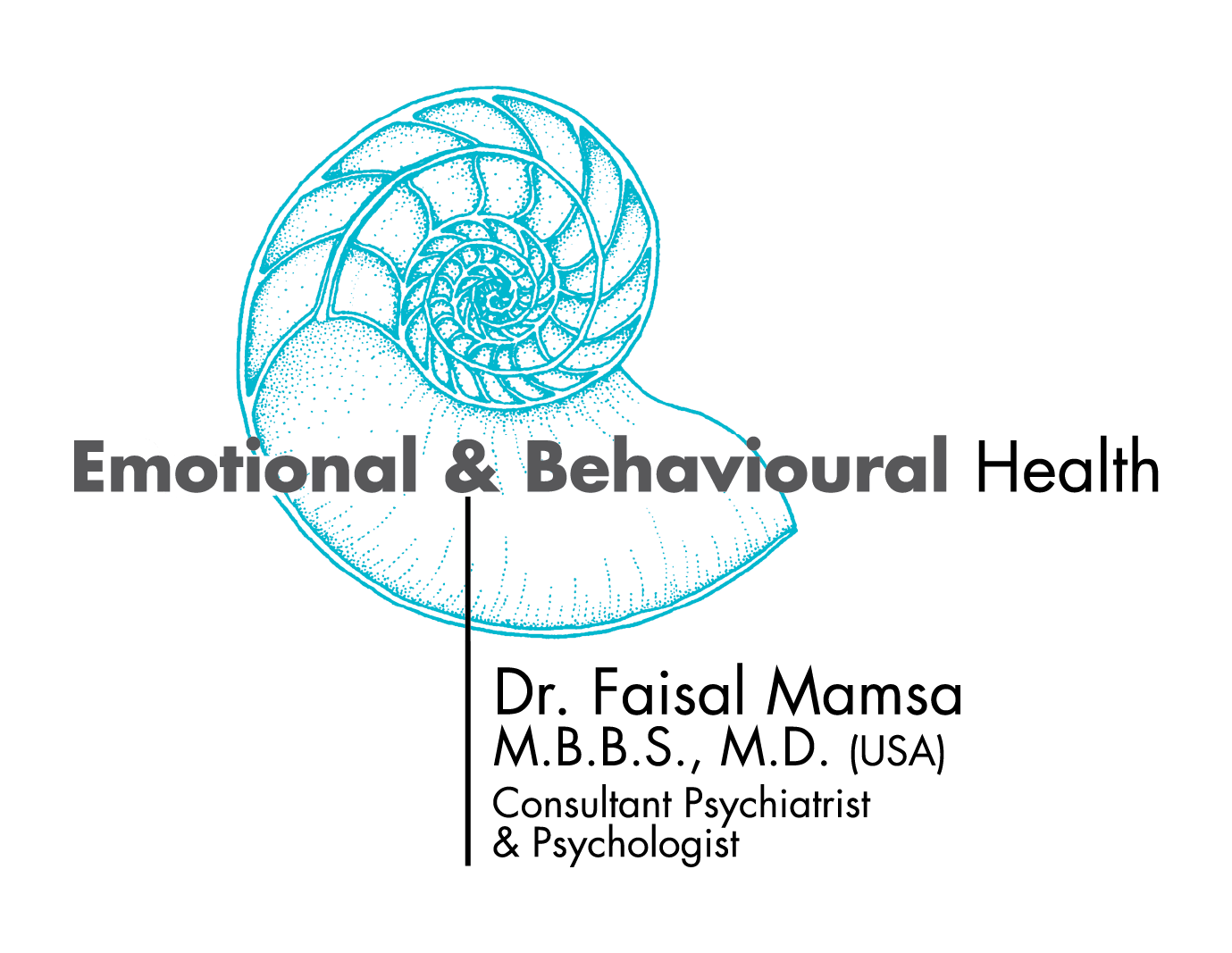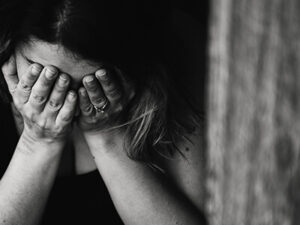
First of All, What is “Anxiety”?
According to the American Psychological Association, anxiety disorders is defined as an emotion characterized by excessive and intrusive feelings of tension, worry, and also by physical impacts such as increased blood pressure or increased heart rate. We all go through instances where we feel anxious about, for instance, our jobs, relationships, families and so on. However, if anxiety starts to impacts your day-to-day life in an adverse way regularly, it may be beneficial to visit a psychiatrist in order to get assessed for an anxiety disorder. But what exactly is an anxiety disorder?
What are Anxiety Disorders?
Anxiety disorders occur when your feelings of worry and/or nervousness start to impact your ability to function, and more often than not, you find yourself losing control over your reactions. You experience a constant sense of impending danger, panic or doom, and you are unable to get through the day without it feeling like a struggle. But don’t worry, with the right psychotherapeutic techniques and medication (if needed), anxiety disorders are treatable. But before we get to that, let’s talk about different kinds of anxiety disorders:
Generalized Anxiety Disorder (GAD):
The most commonly occurring anxiety disorder which is characterized by extreme feelings of worry, with or without a triggering cause. You may find yourself worrying about several different aspects of your life (such as health, work, relationships, etc.), and you may even think of your worries as unrealistic, but despite that, you may find yourself unable to control these feelings. Physical symptoms include difficulty focusing, feeling keyed up, on the edge, palpitations, extra sweating +/-, muscular tension +/-, sleeping issues, and general restlessness.
Panic Disorder:
The core symptom of panic disorder is recurrent panic attacks, an overwhelming combination of physical and psychological distress. During an attack several of these symptoms occur in combination:
- Palpitations, pounding heart or rapid heart rate
- Sweating
- Trembling or shaking
- Feeling of shortness of breath or smothering sensations
- Chest pain
- Feeling dizzy, light-headed or faint
- Feeling of choking
- Numbness or tingling
- Chills or hot flashes
- Nausea or abdominal pains
- Feeling detached
- Fear of losing control
- Fear of dying
Because the symptoms are so severe, many people who experience a panic attack may believe they are having a heart attack or other life-threatening illness
Phobias:
This type of disorder is characterized by an intense and irrational fear of situations or objects. A specific phobia is excessive and persistent fear of a specific object, situation or activity that is generally not harmful. Patients know their fear is excessive, but they can’t overcome it. These fears cause such distress that some people go to extreme lengths to avoid what they fear. Examples are public speaking, fear of flying or fear of spiders. Examples of phobias include: heights, needles, flight, blood, and animals.
Agoraphobia:
Agoraphobia is the fear of being in situations where escape may be difficult or embarrassing, or help might not be available in the event of panic symptoms. The fear is out of proportion to the actual situation and lasts generally six months or more and causes problems in functioning. A person with agoraphobia experiences this fear in two or more of the following situations:
- Using public transportation
- Being in open spaces
- Being in enclosed places
- Standing in line or being in a crowd
- Being outside the home alone
The individual actively avoids the situation, requires a companion or endures with intense fear or anxiety. Untreated agoraphobia can become so serious that a person may be unable to leave the house. A person can only be diagnosed with agoraphobia if the fear is intensely upsetting, or if it significantly interferes with normal daily activities.
Social Anxiety Disorder (previously called social phobia)
A person with social anxiety disorder has significant anxiety and discomfort about being embarrassed, humiliated, rejected or looked down on in social interactions. People with this disorder will try to avoid the situation or endure it with great anxiety. Common examples are extreme fear of public speaking, meeting new people or eating/drinking in public. The fear or anxiety causes problems with daily functioning and lasts at least six months.
Separation Anxiety Disorder
A person with separation anxiety disorder is excessively fearful or anxious about separation from those with whom he or she is attached. The feeling is beyond what is appropriate for the person’s age, persists (at least four weeks in children and six months in adults) and causes problems functioning. A person with separation anxiety disorder may be persistently worried about losing the person closest to him or her, may be reluctant or refuse to go out or sleep away from home or without that person, or may experience nightmares about separation. Physical symptoms of distress often develop in childhood, but symptoms can carry though adulthood.
What is the Most Viable Treatment Option?
We understand that it is difficult to describe anxiety. An ER or A general doctor first of all advices to get your heart and thyroid checked. Do get it checked. However, there are several available options for anxiety like psychotherapy and medication. The treatment is available depending upon which type of anxiety disorder you have. We highly encourage you to seek help, because you deserve to live life to its fullest.
Dr. Mamsa’s multi-modal treatment methodology involves a combination of expertise in psychopharmacology (medical treatment) with psychotherapy. He emphasizes a strong belief in the additive effect of various treatment modalities to work in conjunction rather than simply prescribing medication. For more information, feel free to contact us; we are here for you.

